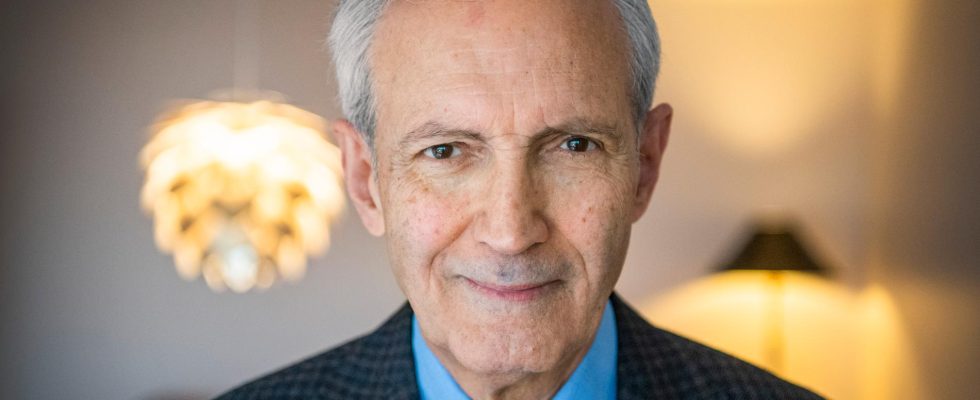unsaveSave
expand-left
full screen Said Mahmoudi, professor of international law at Stockholm University. Archive image. Photo: Claudio Bresciani/TT
Johan Floderus will probably be sentenced to death. But that it will actually be enforced is less likely, according to Said Mahmoudi, professor of international law at Stockholm University.
What does it mean for the prosecutor to ask for the death penalty?
– This is a routine that is repeated from the Iranian side when it comes to foreign citizens who are suspected of espionage. The law is very clear that it is the most severe punishment that applies. It was no surprise and the court will most likely impose the death penalty.
How likely is it that they will also carry out a death sentence?
– As far as I know, it has never happened before in recent years that they have executed such a sentence against a foreign citizen. In this case, it is perhaps even more unlikely because there has been speculation, possibly well-founded, that the whole purpose is to put pressure on Sweden for an exchange with Hamid Noury.
Several Swedes have been arrested in Iran in recent years, could it be connected to the case of Hamid Noury?
– Yes, this started in 2019 after Hamid Noury was arrested in Sweden. Iran sees this as a political verdict and maintains that he is innocent.
Do you think Sweden will enter into a prisoner exchange negotiation?
– There are a number of countries in the Western world that have had hostages in Iran – Belgium, Great Britain, France and Australia – all of which have ultimately agreed to negotiate and have released their citizens. It’s not because you think it’s a good solution, but it’s a balance you have to make.
– There are many Iranians who believe that this man (Hamid Noury) must serve his sentence. There would certainly be protests and it would be politically difficult to justify such a decision. But as I understand it, there is no legal obstacle that the government could not go around if it wanted to.
